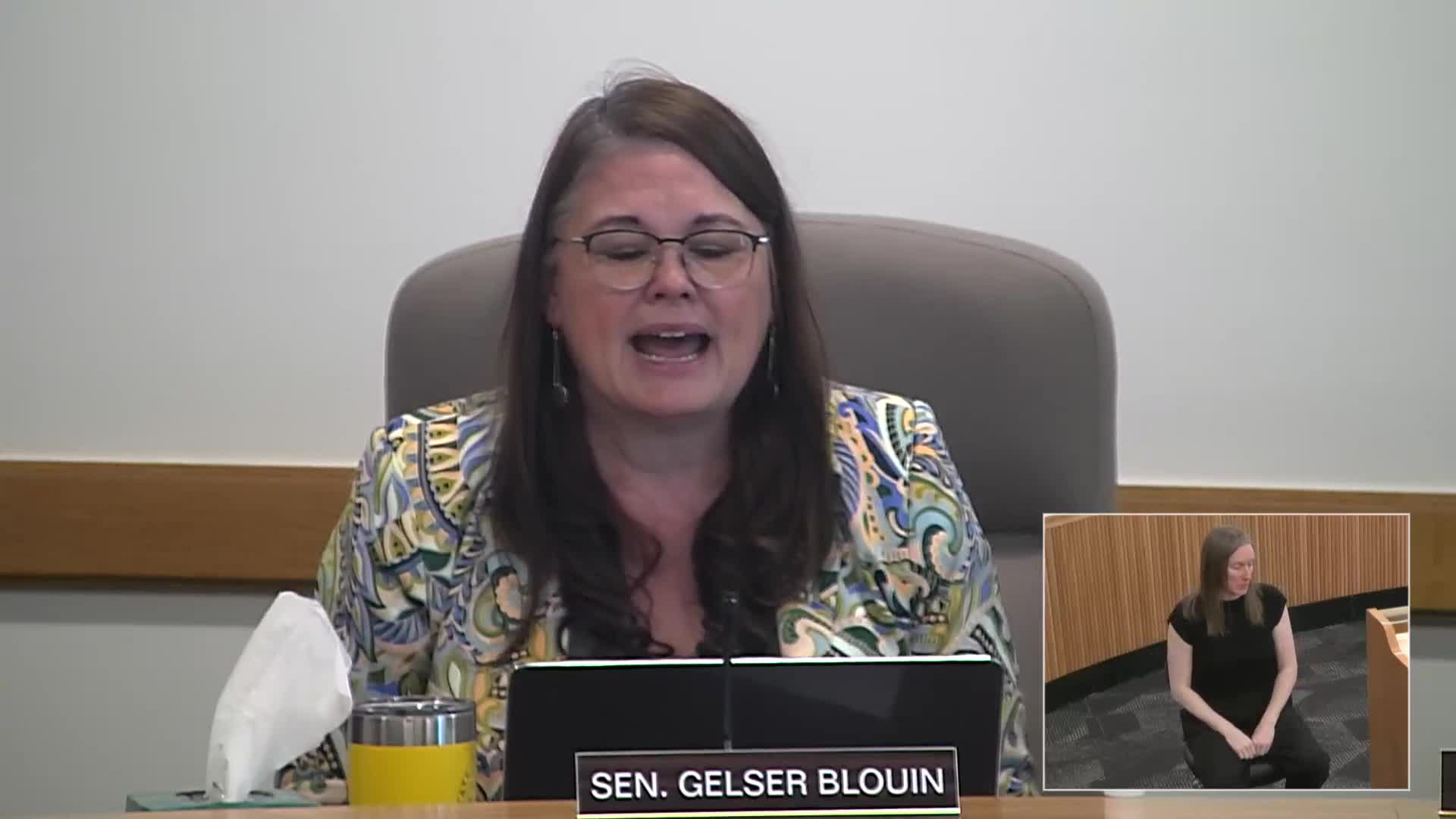Oregon Senate Education Committee discusses traumatic brain injury policy changes
May 05, 2025 | Education, Senate, Committees, Legislative, Oregon
This article was created by AI summarizing key points discussed. AI makes mistakes, so for full details and context, please refer to the video of the full meeting. Please report any errors so we can fix them. Report an error »

The Senate Committee on Education convened on May 5, 2025, to discuss critical issues surrounding the classification and support of students with brain injuries and disabilities in Oregon schools. The meeting focused on the implications of a proposed amendment that would alter how traumatic brain injuries (TBI) are categorized in relation to other disabilities.
The discussion began with concerns about the potential impact of removing the distinct classification for traumatic brain injuries. One committee member expressed apprehension that this change could complicate data collection and tracking of outcomes for students with intellectual and developmental disabilities. The member emphasized that individuals with acquired brain injuries differ significantly from those with congenital disabilities, such as Down syndrome or cerebral palsy. The concern was that merging these classifications could obscure the unique needs of students with TBIs.
Further dialogue revealed frustrations regarding the Oregon Department of Education's (ODE) current stance on recognizing internal brain injuries. A committee member recounted a conversation with ODE officials, who indicated that they would only acknowledge internal brain injuries if the statute was amended. This led to a broader discussion about the necessity of legislative action to ensure that all students receive appropriate recognition and support based on their specific conditions.
Justin Potts, a school psychologist and former president of the Oregon School Psychologists Association, joined the conversation remotely. He challenged the notion that schools have not been serving students with brain injuries adequately. Potts highlighted his extensive experience evaluating students with various conditions, asserting that those affected by brain injuries have historically received necessary support, regardless of the specific classification.
The committee's discussions underscored the complexities of disability classification in educational settings and the need for clear policies that reflect the diverse needs of students. As the meeting concluded, members acknowledged the importance of continuing to refine these classifications to better serve all students and ensure equitable access to educational resources.
The committee plans to further evaluate the proposed amendment and its implications for students with brain injuries and disabilities in future sessions.
The discussion began with concerns about the potential impact of removing the distinct classification for traumatic brain injuries. One committee member expressed apprehension that this change could complicate data collection and tracking of outcomes for students with intellectual and developmental disabilities. The member emphasized that individuals with acquired brain injuries differ significantly from those with congenital disabilities, such as Down syndrome or cerebral palsy. The concern was that merging these classifications could obscure the unique needs of students with TBIs.
Further dialogue revealed frustrations regarding the Oregon Department of Education's (ODE) current stance on recognizing internal brain injuries. A committee member recounted a conversation with ODE officials, who indicated that they would only acknowledge internal brain injuries if the statute was amended. This led to a broader discussion about the necessity of legislative action to ensure that all students receive appropriate recognition and support based on their specific conditions.
Justin Potts, a school psychologist and former president of the Oregon School Psychologists Association, joined the conversation remotely. He challenged the notion that schools have not been serving students with brain injuries adequately. Potts highlighted his extensive experience evaluating students with various conditions, asserting that those affected by brain injuries have historically received necessary support, regardless of the specific classification.
The committee's discussions underscored the complexities of disability classification in educational settings and the need for clear policies that reflect the diverse needs of students. As the meeting concluded, members acknowledged the importance of continuing to refine these classifications to better serve all students and ensure equitable access to educational resources.
The committee plans to further evaluate the proposed amendment and its implications for students with brain injuries and disabilities in future sessions.
View full meeting
This article is based on a recent meeting—watch the full video and explore the complete transcript for deeper insights into the discussion.
View full meeting
